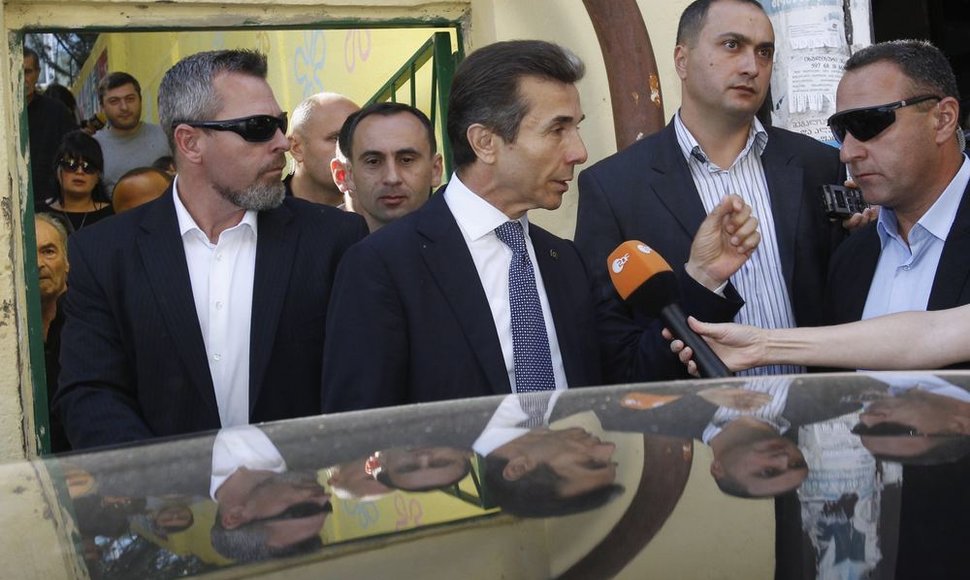Parliamentary Speaker Irena Degutienė said on Wednesday that the democratic parliamentary elections "should be viewed as a major achievement of the Georgian society."
"We are willing to cooperate with the democratically-elected Georgian administration, with special focus remaining on support to Georgia's European and Euro-Atlantic integration. We, Lithuania, have always done this and will proceed the same way in the future. I hope that the Western course of Georgia's foreign policy will not change, and Georgia continues seeking membership in the European Union and NATO," Degutienė said in an interview to Žinių Radijas news radio on Wednesday.
Ramūnas Vilpišauskas, director of the International Relations and Political Science Institute of Vilnius University, said it was too early to tell whether billionaire Bidzina Ivanishvili who won the elections would shift his focus to Russia.
"This will emerge through specific work, should he form the government. We can recall that the case was similar with the projected Ukrainian policies after the last presidential election – many thought the incumbent president would also focus on cooperation with Russia but this never happened. In the Ukrainian case, we see a certain balancing policy between the West and Russia. This option cannot be ruled out," Vilpišauskas told BNS.
In his words, Georgia would benefit from a strong position and opposition, which would lead to normal competition in terms of ideas.
"The incumbent government and president implemented spectacular reforms, particularly in the economic sector, however, it is obvious that confrontations remain within the Georgian society and not everyone has felt positive results of the reforms. The interest in the European Union, the United States and among Georgia's neighbors is that the reforms be continued to in order facilitate normal ideological competition," the political reviewer said.
Political expert Tomas Janeliūnas, in his turn, noted that the origin of the capital of the triumphant opposition leader, Ivanishvili, was linked to Russia.
"His interests may include improvement of the ties with Russia, especially since the personality of Saakashvili is considered an impediment to closer Russian-Georgian ties. Consequently, certain changes are possible in the Russian-Georgian relations," Janeliūnas, a lecturer at the International Relations and Political Science Institute, told BNS.
In his words, the issue of Western trust in Georgia could also come up, should Ivanishvili become the new head of government.
"If there is more flirtation with Russia, naturally, the West may lose its interest in pushing Georgia to NATO," Janeliūnas added.












